Mobile Medical Coaches vs Trailers: Complete Pros and Cons Guide
When it comes to setting up a mobile clinic, choosing the right vehicle can make all the difference. Mobile medical coaches and trailer-based clinics...
4 min read
Craftsmen Industries Aug 12, 2021 8:23:00 AM
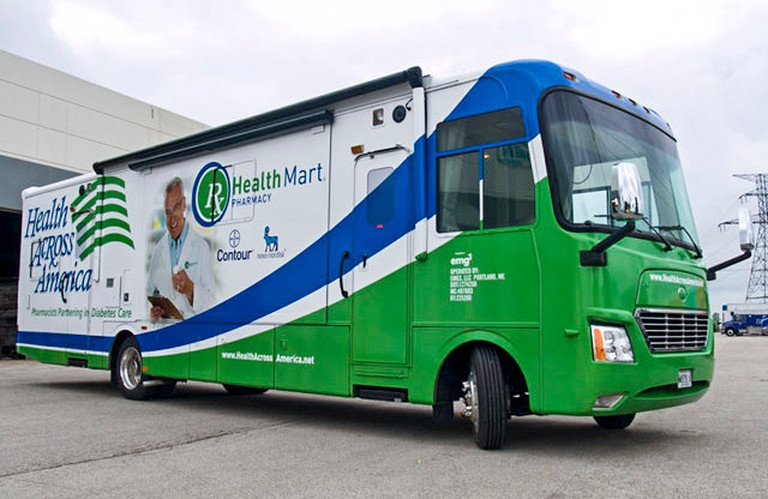
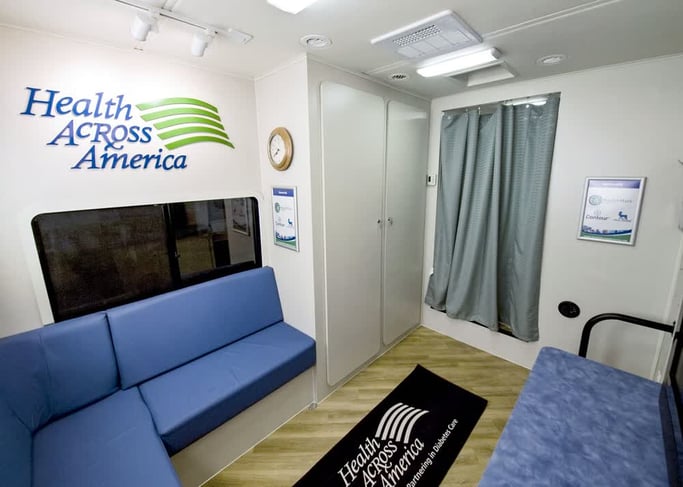
A study performed by the National Quality Forum (NQF) in 2018 revealed some startling statistics about the population in the United States. Namely, 59 million people, or 19% of the US population, reside in rural areas.
These remote areas are sparsely populated, and the residents usually lack easy access to medical care and education compared with those living in urban areas. The NQF further concluded that "access and quality are intertwined and difficult to de-link."
Overcoming this disparity in the quality of health care and the ability of nearly 1/5th of the US population to access it is vital to the health and wellness of our country as a whole.
The open land and sparsely populated towns that define rural America present one of the most significant hurdles to providing superior medical care. Consider for a moment the feasibility of opening a skilled medical facility in a rural area. Even though your facility is within the community, most patients still need to travel some distance for treatment. Fewer people live within driving distance of your location, making your patient base smaller than in a similarly sized urban neighborhood. It would be challenging to pay salaries for accomplished specialists such as surgeons, pediatricians, endocrinologists, and cardiologists. From a purely monetary standpoint, the proposal doesn't make sense.
However, the people living in rural communities are not immune to the same health problems that plague individuals living in big cities. In fact, studies show that they often suffer from a disproportionately higher number of health problems due to a lack of health education. Not knowing about the warning signs for common ailments and preventative medicine, people in rural areas often overlook many conditions until they are more serious.
While telehealth appointments are a potential solution, they pose some unique problems that are difficult to overcome. Access to technology to participate in such appointments may be limited in rural areas, requiring patients to travel to secure telehealth services. Additionally, laws require that the doctor have a valid license in the state in which they are practicing medicine. If doctor and patient are in different states, the physician violates the law.
Mobile medical trailers and coaches provide a unique solution for bringing care to the patient. While a brick-and-mortar medical office may not be profitable, a mobile office can serve a broad patient population, changing locations as necessary to treat patients. This setup allows doctors and patients to visit face-to-face while medical providers maintain profitability.
Shrinking the distance between patients and the nearest provider is an excellent first step, but it does not eliminate transportation difficulties. Rural areas lack the same public transportation infrastructure that exists in many cities. Neither buses nor trains run on a regular schedule in most rural locations. As a result, residents who cannot drive themselves to appointments have few options.
Creating partnerships between mobile medical facilities and existing transportation providers could close this gap. Hiring drivers, taxis, or buses to carry patients to and from appointments could also be a vital piece of the solution. Local charities and providers may be able to get involved as well.
Patients delay or avoid medical care for countless reasons. Many more individuals would seek it out were it not for financial barriers. Unemployment rates among rural residents tend to be higher than those living in other areas of the country, contributing to the high rates of uninsured individuals.
Those who carry health insurance may hesitate to use it because the doctor they need to see is out of network or because their plan has a high deductible, making the out-of-pocket cost crushing. When compounded with the cost of transportation to receive care for chronic conditions, patients may throw in the towel rather than fight to keep up with the financial drain.
Medical providers treating patients in a mobile medical vehicle can make care more accessible for those on tight budgets. Often staffed by highly qualified nurse practitioners and physician assistants, mobile medical teams do not require the same high salaries as a medical doctor. Yet, their education qualifies them to treat and diagnose most medical conditions. They can care for the routine needs of patients, only referring them to a specialist when necessary.
Convincing patients to place the same trust in an NP or PA as they do in a physician can be a hurdle. However, education about the training and experience of these providers can illustrate their qualifications for the job.
Have you ever run into your neighbor or a colleague at the doctor's office? It can be an awkward moment as you both wonder what the other is doing there while trying to avoid the elephant in the room and awkwardly talking about the weather. No matter how routine, your health concerns are personal to you, and you probably want to keep it that way.
Hiding personal health concerns in a small town can be tricky. In a place where everybody knows everyone else, you may be hard-pressed to find a time to go to the doctor when you don't run into someone you know. Prioritizing privacy in rural areas must be a high priority if you want to gain patients' trust.
Unlike traditional hospitals and doctor offices, mobile medical trailers do not keep patient records on site. It is not feasible to store that much paperwork in a trailer with retractable slides. Instead, the records are uploaded and stored off-site. This method of storage has a couple of benefits. First, it prevents patients from inadvertently hearing or seeing someone else's personal information. Second, it allows specialists and other practitioners to access the data should the patient seek care in the Emergency Room or other facility. This helps maintain continuity of care.
You can customize a mobile medical vehicle depending on how you plan to use it. Those requiring more distance between patients or more options for patient privacy can request those features be part of the trailer design.
Mobile medical trailers have been in use for many years, but they are more relevant than ever as we look toward a more agile health care force. By customizing medical trailers and coaches, our team at Craftsmen Industries, Inc. can turn them into exactly what you need them to be. They can provide mobile care after a devastating natural disaster, educate the public about common medical ailments, or reach underserved populations across the country.
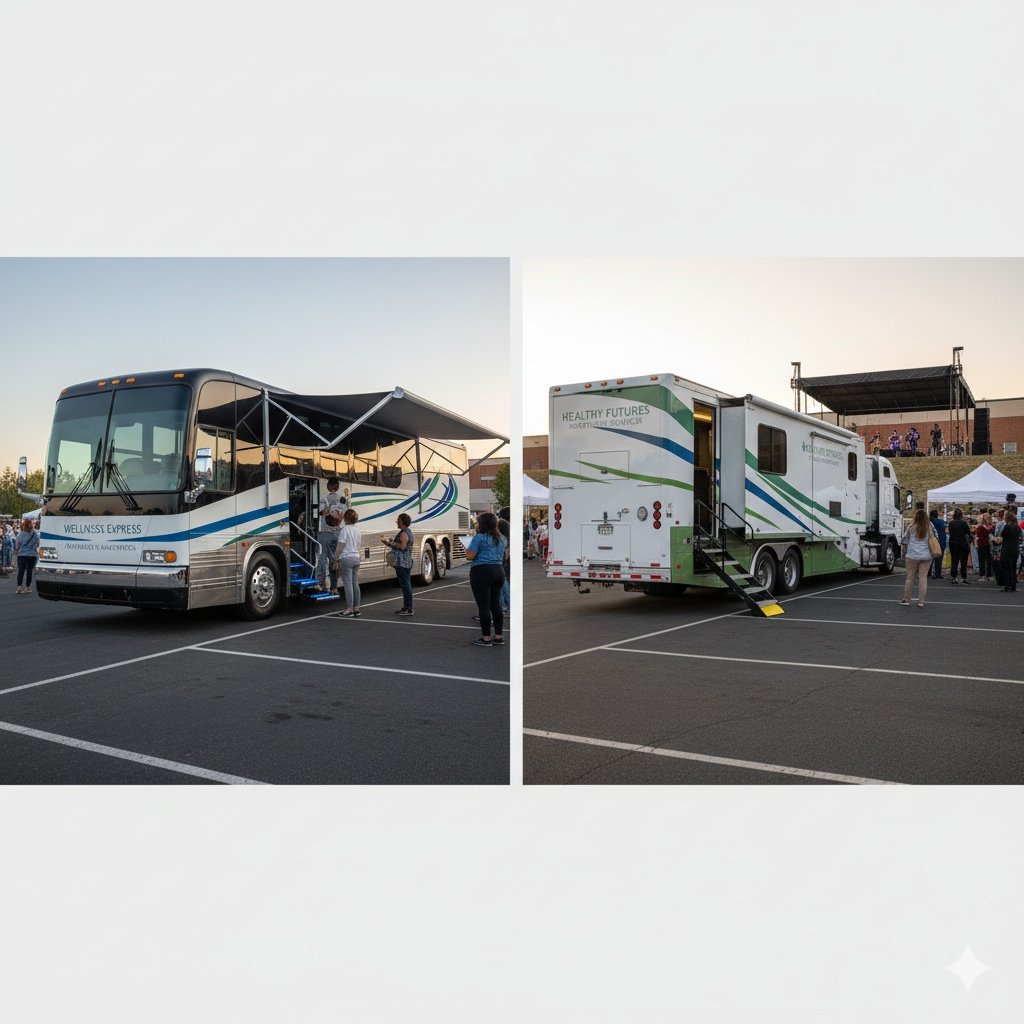
When it comes to setting up a mobile clinic, choosing the right vehicle can make all the difference. Mobile medical coaches and trailer-based clinics...
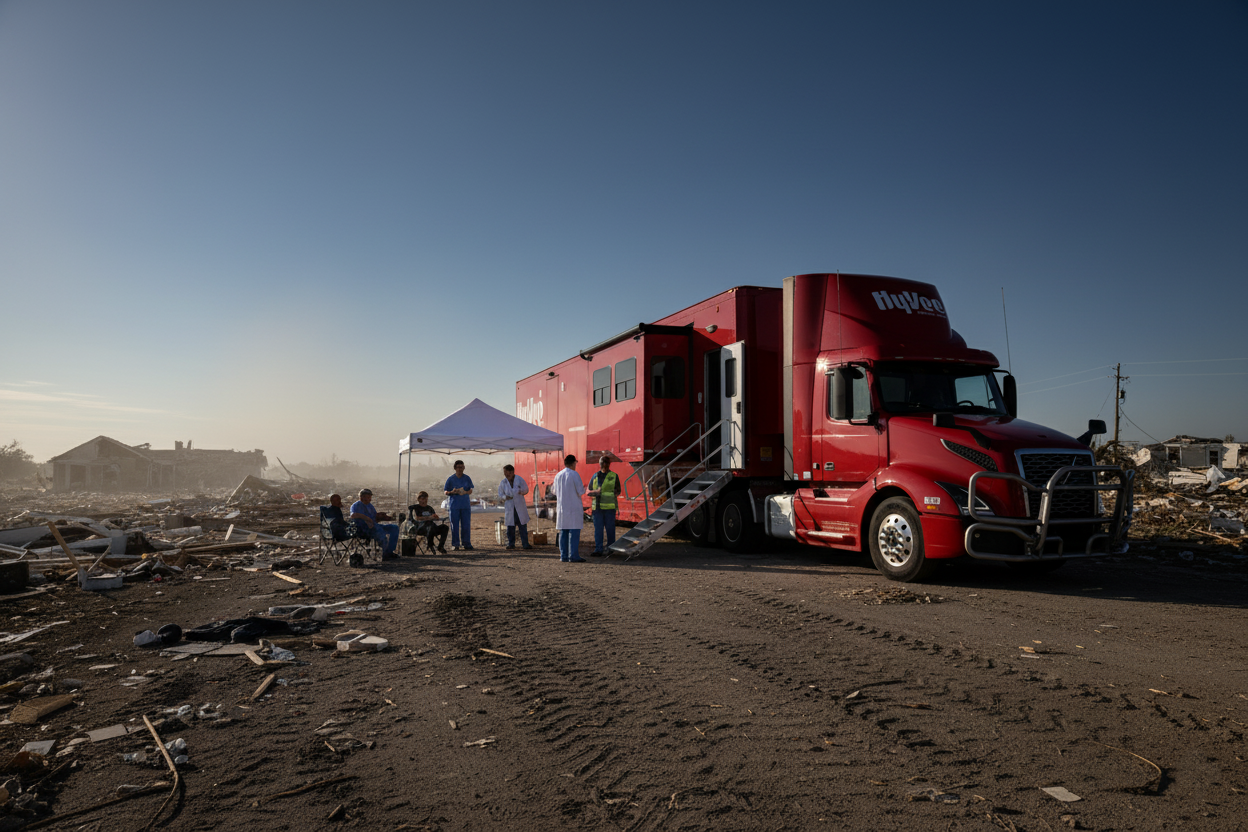
Medical vehicles, including purpose-built trailers, mobile clinics in RVs, and heavy-duty trucks (excluding vans), are transforming healthcare...
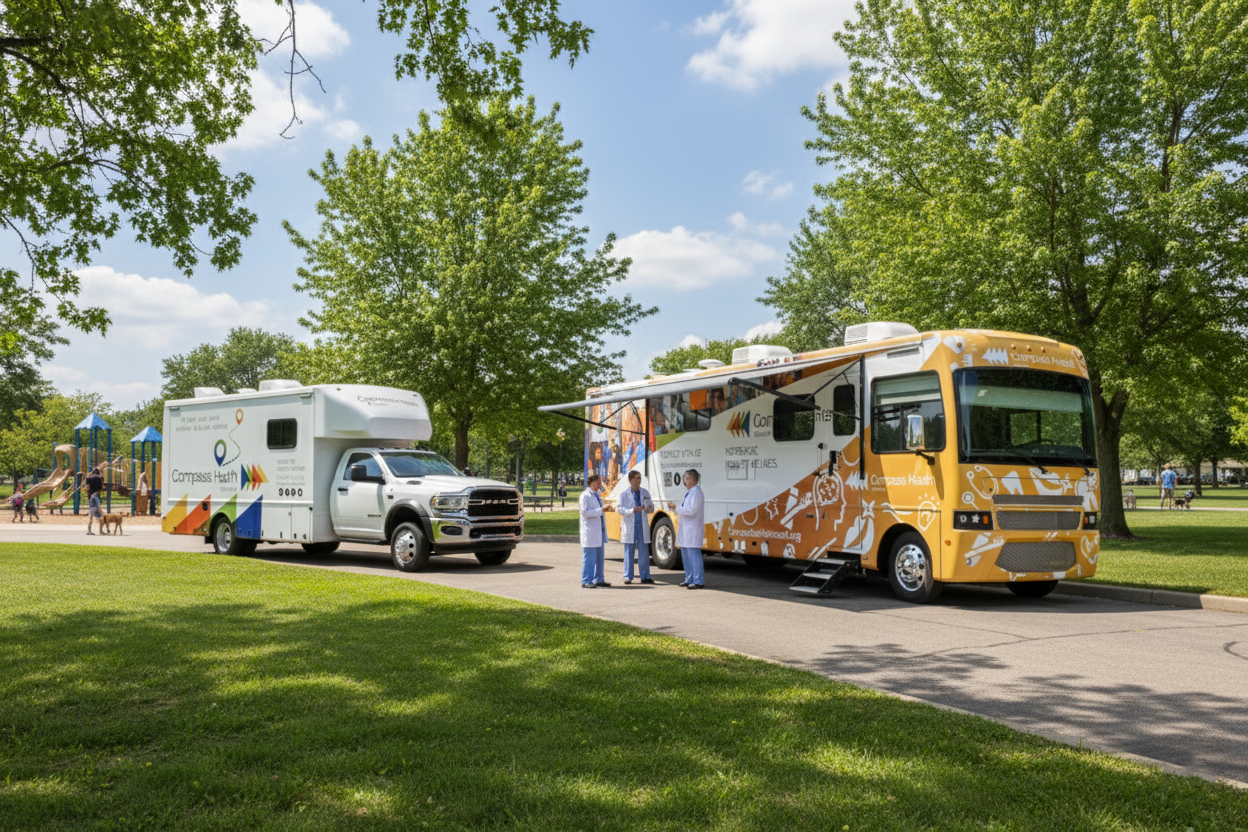
Access to quality healthcare is not evenly distributed, and mobile medical solutions have stepped in to bridge the gap. A medical trailer is a large,...